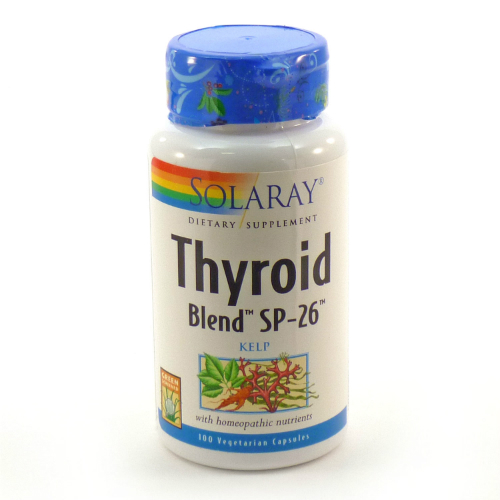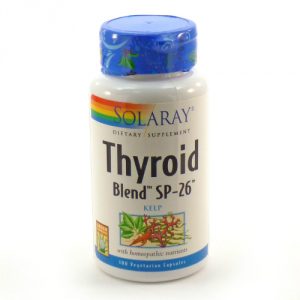What is hyperthyroidism? This is a question that can be answered by first looking at its causes and development. The symptoms of hypothyroidism are brought on when the gland slows or completely ceases the production of thyroid hormones.
Hypothyroid Disease Treatment Protocols
Treatment for an underactive thyroid will vary from subject to patient depending on the severity of their disease and their treatment provider. For many, treatment will involve the use of daily thyroid replacement hormones, whether synthetic or natural. This will require regular or routine monitoring by a healthcare provider to monitor thyroid function and assess the correct dosage.
Some patients who have hypothyroid disease develop it as a result of a recent illness. In cases like this, treatment may be needed for a short period. After the illness subsides, a patient may recover and no longer require treatment.
Sometimes pharmaceutical medicine causes a patient to develop the hypothyroid disease. In cases like this, treatment may only involve discontinuation of the offending medication or a switch to a new drug. As long as the drug has not caused permanent damage to the thyroid gland, the odds are the patient will recover and can resume a normal lifestyle.
Sometimes a patient has sub-clinical hypothyroid. This is a mild case of the hypothyroid disease. There are times when doctors or healthcare providers prefer to monitor cases like this instead of prescribing medication.
You and your doctor, or healthcare provider should discuss your treatment options in cases like this, including the risks associated with treating hypothyroidism with synthetic or natural hormones, compared to a watch and wait approach. Patients taking hypothyroid hormones must watch for side effects which may include heart disease, chest pain or irregular heart rate.
Hormones available to treat patients include:
- Levothyroxine (Synthroid, Levoxyl, Levothroid)
- Natural Hormones
Taking too little medicine may result in little effect or improvement and can lead to a return of symptoms or recurring weight gain. Taking too much hormone can lead to increasing side effects including the jitters or tremors, or insomnia.
Remember that diet and lifestyle are just as much a part of your treatment protocol as a hormone or drug therapy.
Severe Hypothyroidism
In some cases, hypothyroidism goes undiagnosed for excessive periods of time as many people avoid going to the doctor when they feel unwell. In cases of severe debilitation, some patients may need life-saving treatment. Severe hypothyroidism, when left untreated, may place a patient at risk for what is known as a myxedema coma. This requires emergency medical care and treatment with intravenous thyroid hormone.
Symptoms may include a heart attack or trouble breathing, and hypothermia or severe problems maintaining one’s body temperature. If you or someone you know experiences any of these symptoms it is critical to seek emergency medical care as soon as possible.
Treatment of Hypothyroidism During Pregnancy
Some women develop hypothyroidism during pregnancy. During this time treatment is essential to ensure the wellness of both mother and fetus. Thyroid levels of women during pregnancy will be carefully monitored in women that have hypothyroidism to provide adequate treatment.
Once you have the facts about your illness, you can then make an informed decision regarding your course of action. If you do not wish to take pharmaceutical medication, you can access the wide variety of natural therapies available to help balance your thyroid hormones, and can stay healthy with appropriate dietary and lifestyle decisions.



Leave a Reply